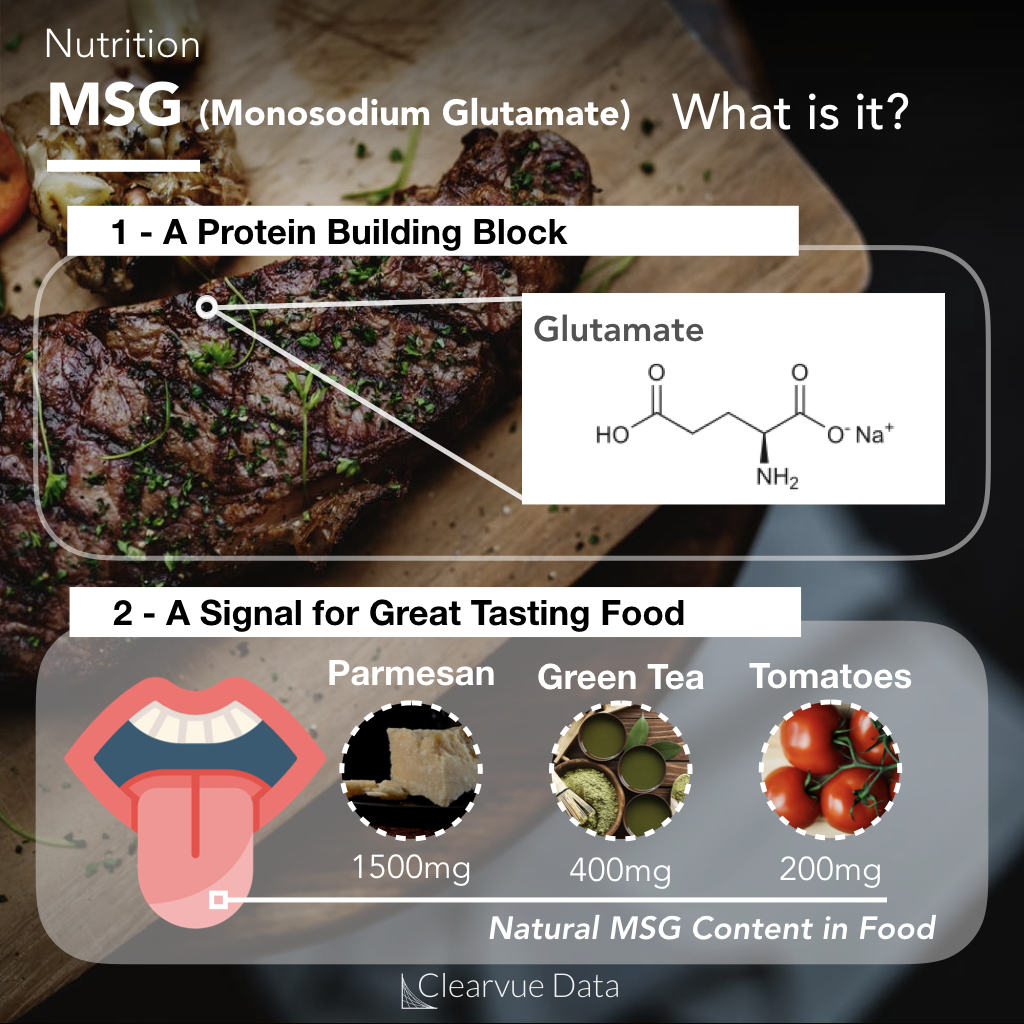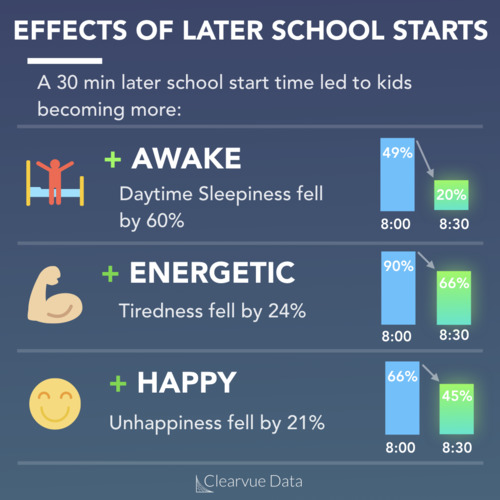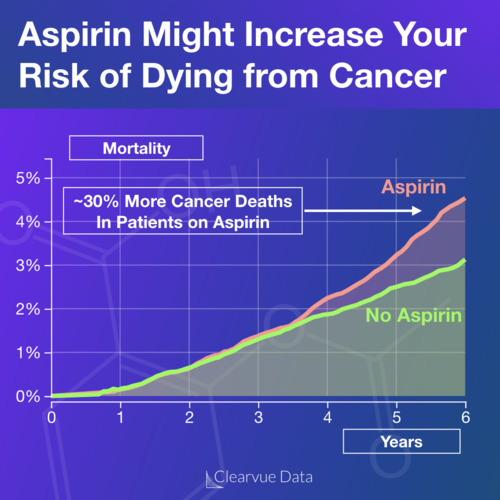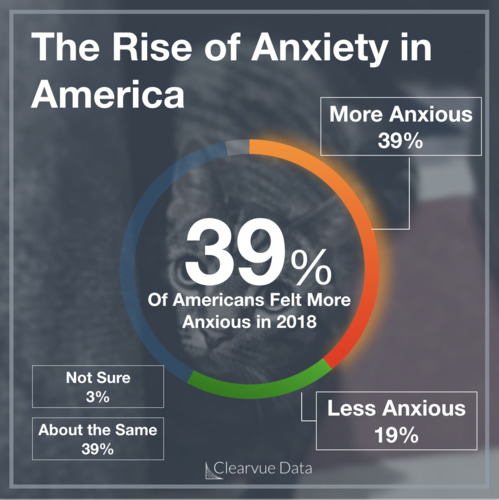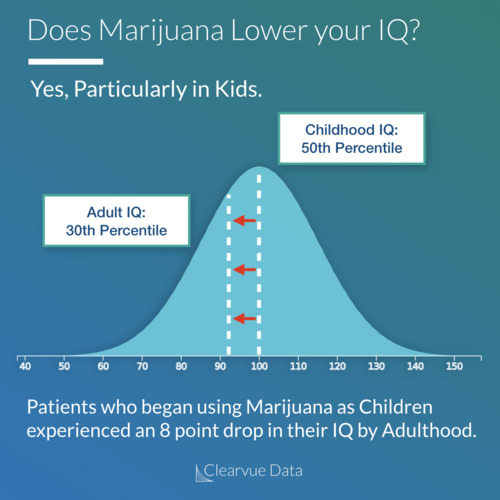MSG is naturally occurring protein building block, otherwise known as glutamate or glutamic acid.
When a steak is broken down through cooking and chewing, our tongues detect the savory flavor by looking for glutamic acid.
When you taste something savory can chances are you’re tasting MSG or a similar chemical compound.
MSG occurs naturally in all types of food. It's the chemical that gives tomatoes their special flavor, it’s found in tea leaves, and there’s a whole lot of it in Parmesan cheese. Next time when you ask your waiter to sprinkle more Parmesan on your pasta, you’re actually sprinkling more MSG as well, which might be why it tastes so darn good.
In fact, MSG was first identified as a flavoring agent by Kikunae Ikeda, a Japanese scientist who isolated it while studying “Umami,” the 5th taste. He realized seaweed had a savory flavor that wasn’t salty, sweet, bitter, or sour, the four known tastes at that time. He isolated glutamic acid (the basis of MSG) as the chemical behind this new taste and named the taste Umami.
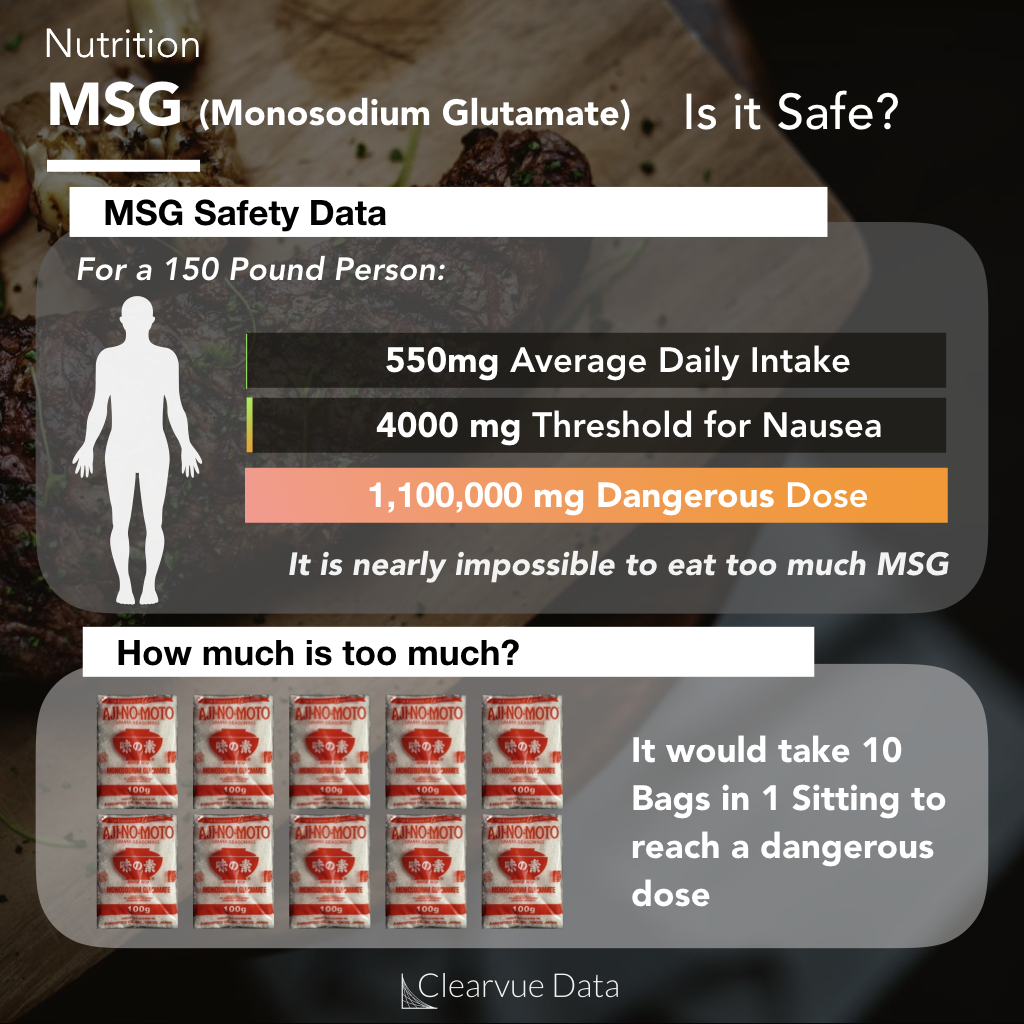
As with any chemical, too much MSG can be toxic. However, MSG is exceedingly safe by almost any standard. In fact, in some ways, it is safer than table salt.
Americans typically eat 550mg of MSG per day. Based on an estimated LD50 of 15,000 to 18,000 mg/kg, it would take more than 1kg of MSG in a single sitting to reach a dangerous dose of MSG for a 150 pound person. Given that we begin feeling nauseous at 4000mg in a sitting, it may be physically impossible to reach dangerous levels of MSG, we will probably throw it up before getting there.
While MSG Is safe, some people firmly believe that MSG makes them feel strange and gives them symptoms. For decades, some researchers dismissed these claims as the placebo effect, but the most recent research on this topic shows that they may be right.
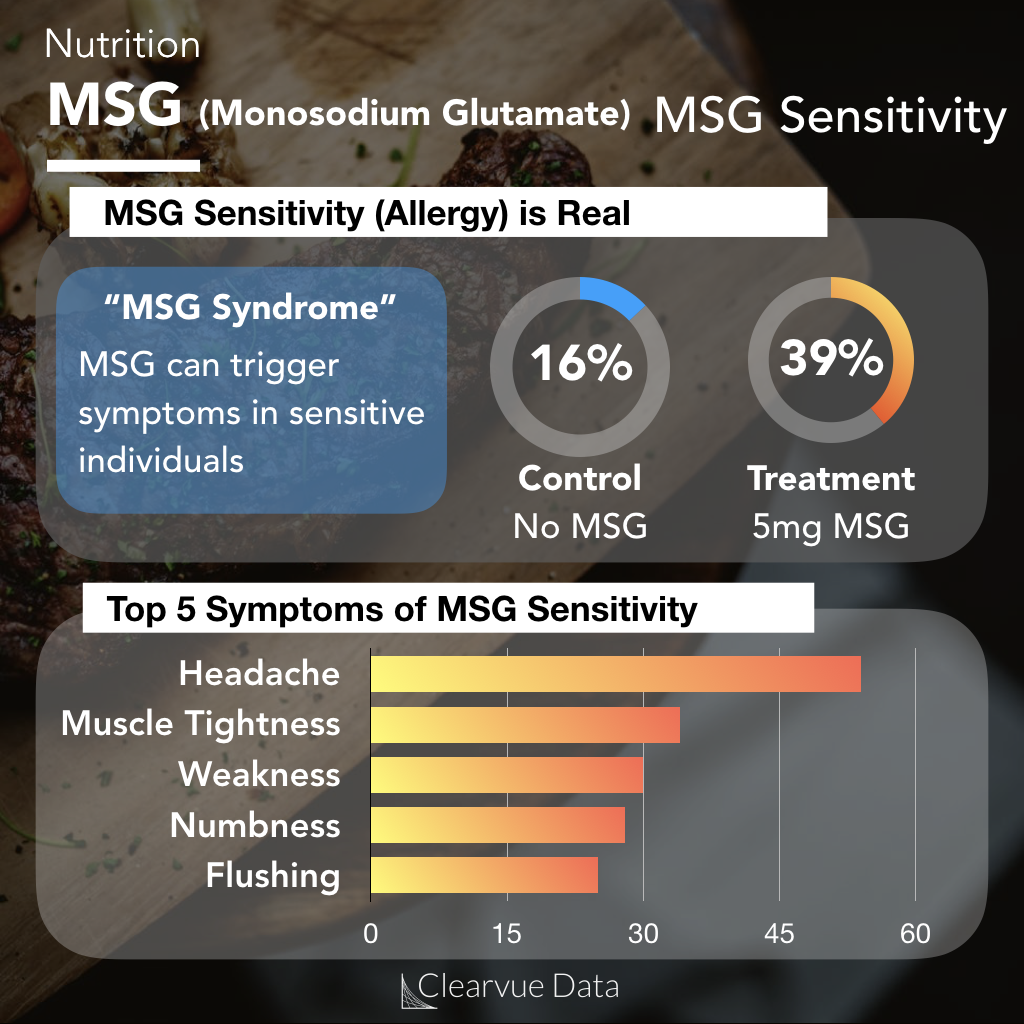
In a study at Harvard University, 130 patients who believed they were sensitive to MSG were tested to see whether MSG could trigger their symptoms.
One one of the days, they were given MSG and the other they were given placebo, a dummy pill. The hypothesis was that if they were indeed sensitive to MSG, they would experience symptoms with the MSG pill and not the placebo pill.
It turns out that is exactly what happened. 39% of the patients experienced “MSG symptoms” on the day they took the MSG pill, while only 16% of patients experienced them on the placebo pill day. The difference is not huge, but it is significant, which suggests that some people who believe they are sensitive to MSG are indeed MSG sensitive.
The top 5 symptoms of MSG sensitivity were reported as headache (including migraines), experienced by over 50% of patients, muscle tightening, weakness, numbness or tingling, and flushing.
So far, there is no evidence that MSG is harmful, but there is still more research to be done.
